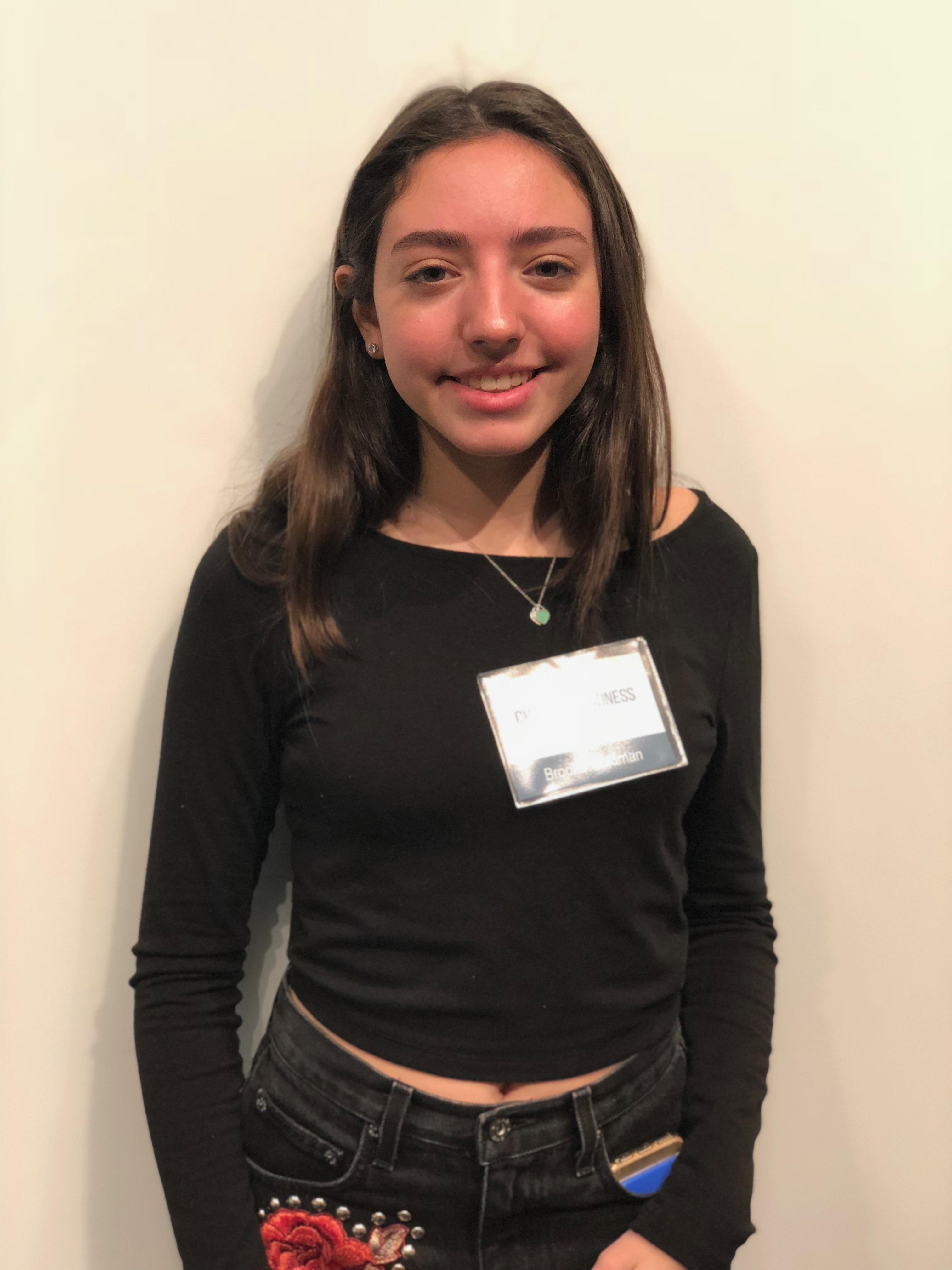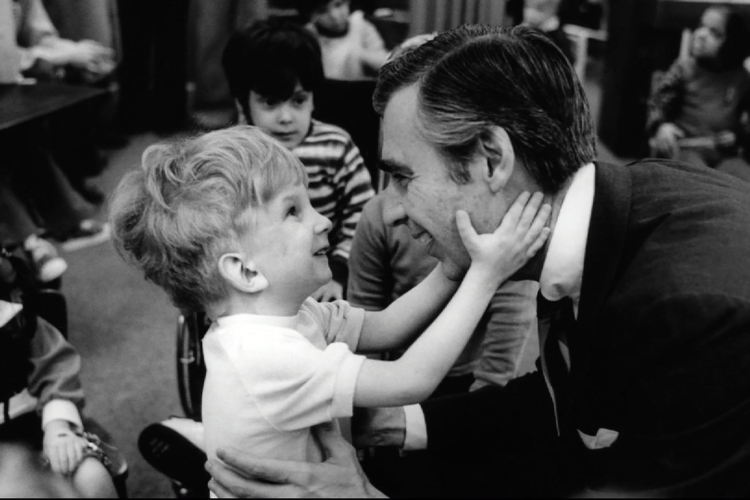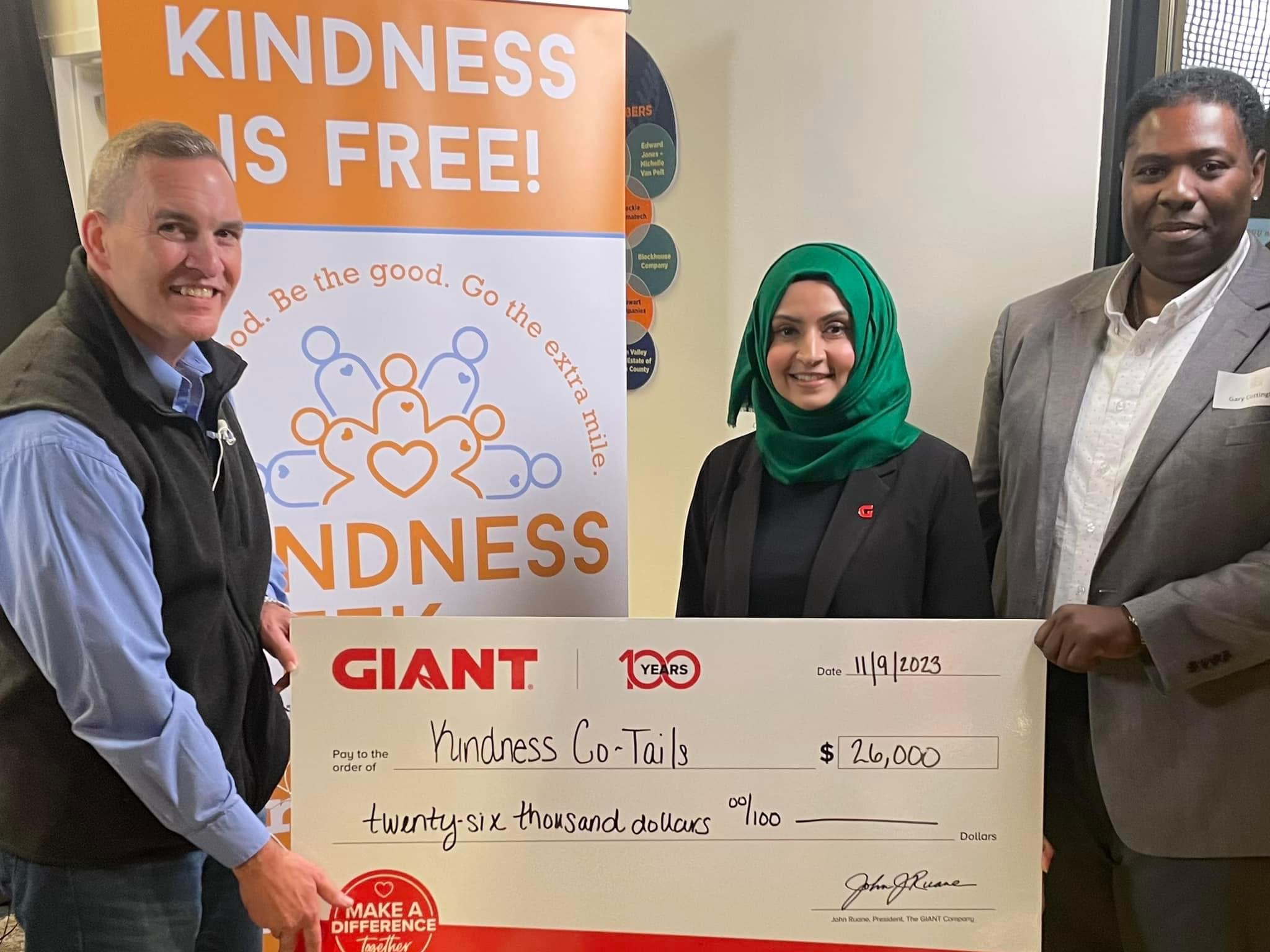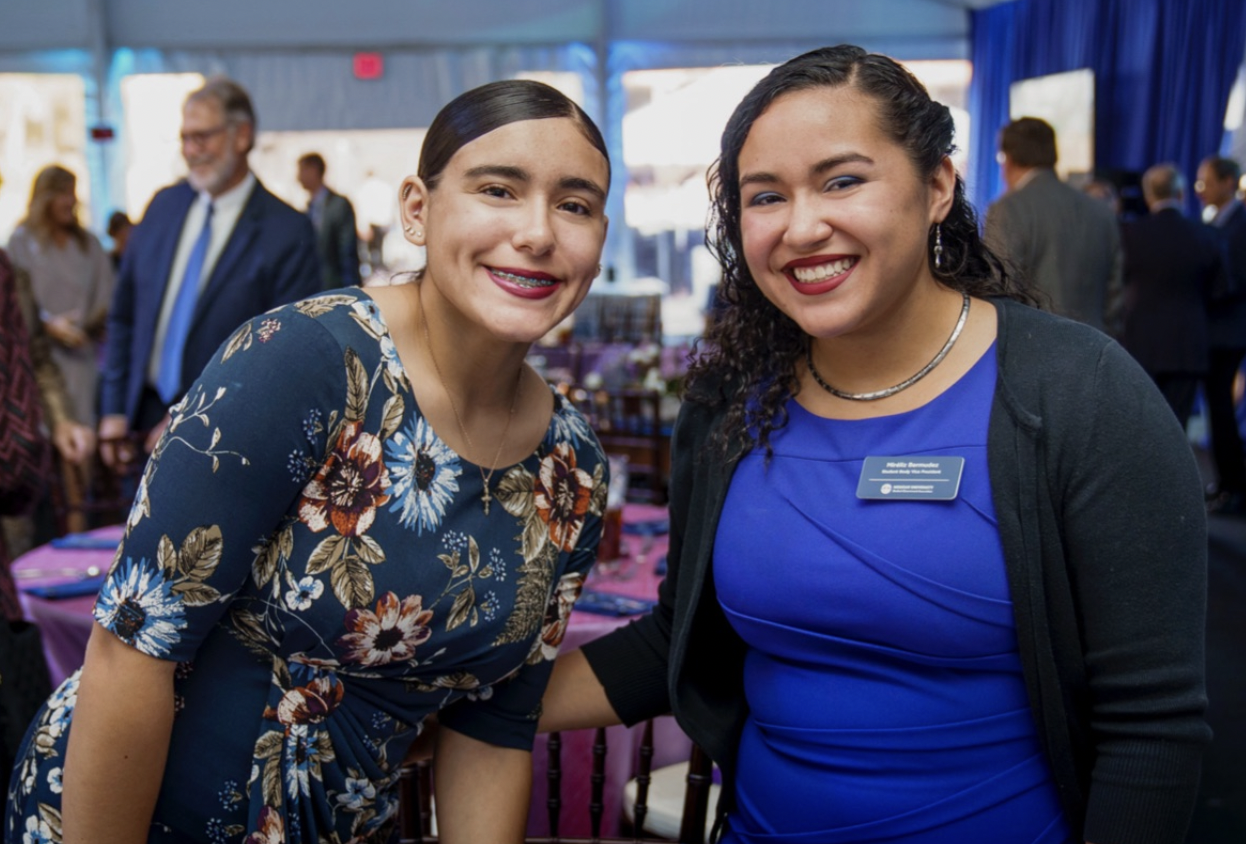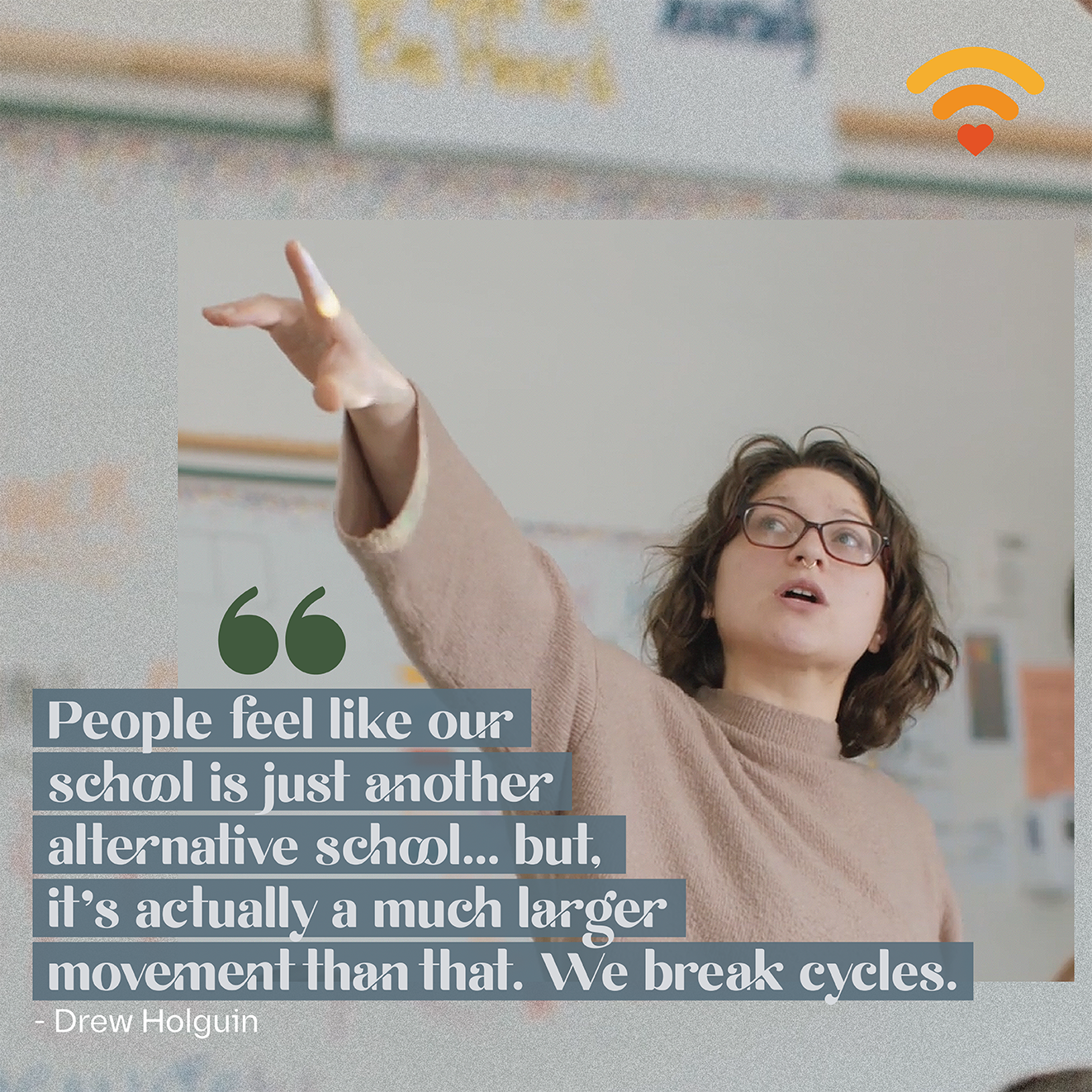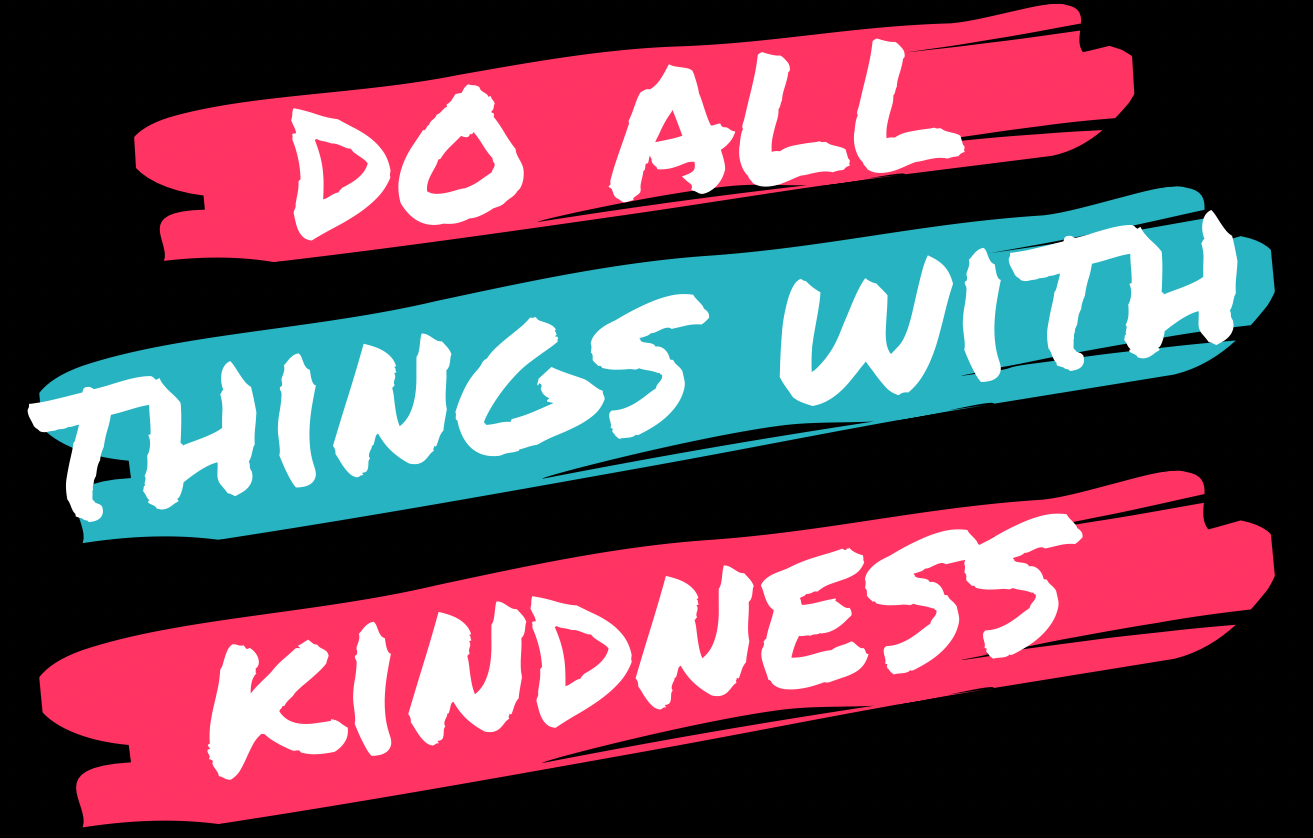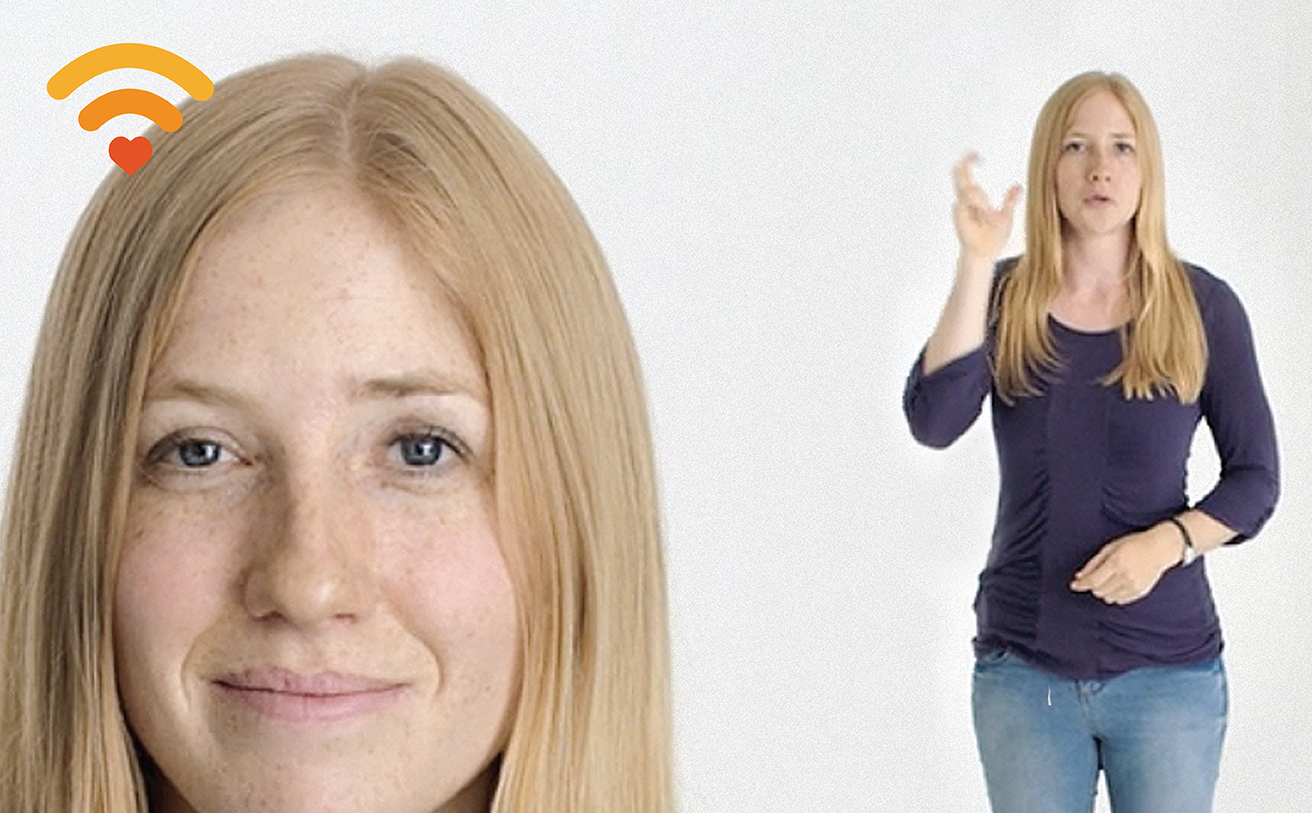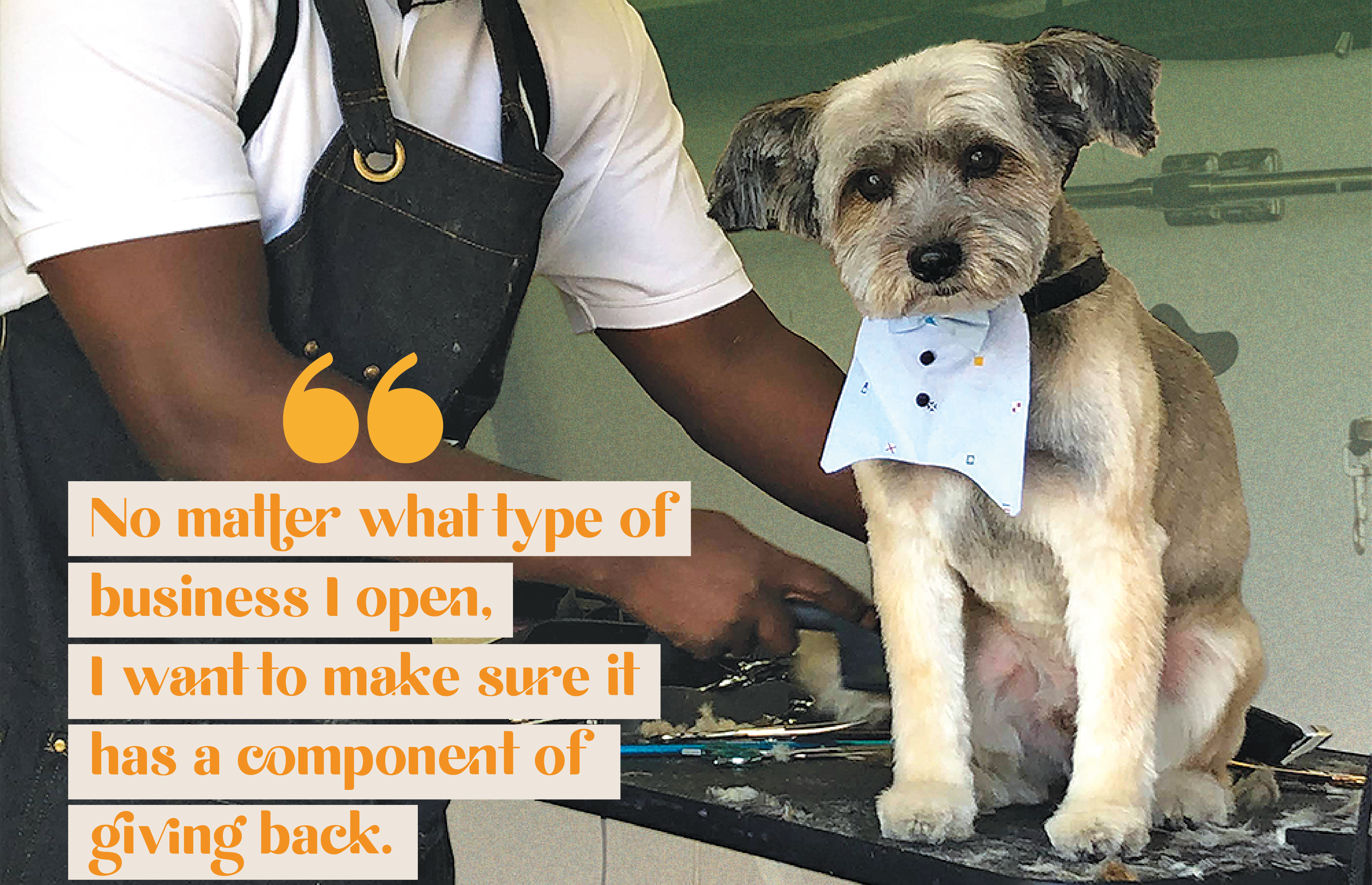I was fortunate to have had the profound honor of interviewing the Academy Award-winning Morgan Neville, director of the new film, “Won’t You Be My Neighbor?” The documentary is about Fred Rogers, who brought connectivity and positivity into the homes of millions of children through his hit tv show “Mister Rogers’ Neighborhood.” Fred’s message of mindfulness is as important today as ever. The film hits a home run, reminding us of Fred’s radical kindness.
Q: What was your personal motivation for bringing the authentic story to the public’s eye?
A: I felt like the message Fred Rogers was giving was one I didn’t hear a lot of people articulating today. And even though I grew up with the show as a child, it wasn’t until I rediscovered it as an adult that I understood just how much depth and dimension there was to it. I felt like the fundamental questions Fred Rogers was talking about, were how we treat each other in our neighborhood, and how we treat ourselves. And these are profound questions about how we’re supposed to live together, and when I really try to digest Fred’s message down to an idea, what I came up with was radical kindness.
Q: Would you say it was tremendously emotional making the film?
A: Fred’s gift was one for emotional directness. I think that most of us protect ourselves in today’s culture with a cynical shell, and there’s something so open and honest and even vulnerable about the kind of emotional honesty that Fred was talking about. But, that’s how kids talk and what kids respond to. Also, I think in a way, in the best possible way, Fred was in touch was with his own inner child.
Q: Do you think it was that quality that made him so popular amongst children, or what do you think it was that struck everyone so powerfully?
A: I think he was never condescending to children. The natural tendency is to tell kids not to worry about things, but kids are way too smart to not know when bad things are happening. And I think what Fred decided at a very early age, was to level with kids, and to say, “Yes, bad things happen; yes, wars happen; yes, death happens; yes, divorce happens; and it’s sad, and its frightening, but let me help you process what that means, and we can talk about it.” And that’s something that worked incredibly well with kids, but revisiting that as an adult, you realize that we all need to process our own cultural trauma, and we don’t spend a lot of time doing that, and so there’s something really cathartic about it.
Q: What were your own memories of Fred before making the film, and how did your opinion of him grow when you were making it?
A: I started watching it when I was 1 year old, and my memories are more blank. I can see the images and emotions, and I remember the characters, and I remember how I felt about it, but it was all very hazy because it wasn’t something I thought about for four years until I decided to make this film. In a way, everything I found out was revealing. And I think the fundamental question everybody has is, “Is he for real?” because he’s so different. Everything I found was surprising, but nothing was shocking.
Q: Were there certain memories of Fred that you think were so interesting that really characterized him as a person when you were making the film?
A: He had such a different sense of time and space. The other big show on television when I was a kid was Sesame Street, and Sesame Street in its earliest days was an incredibly fast show. I loved it, but it was more like a commercial. Fred’s sense of space and time and contemplation was so vast it’s kind of unbelievable. It is what we now call “mindfulness,” this idea of being able to take the time to think, rather than just moving onto the next thing. I think it is in this way that he’s very appealing.
Q: Just going off this concept of authenticity, how would you say you chose the particular moments of his life to include in the the documentary?
A: In the beginning, I told his wife, Mrs. Rogers, “I don’t want to make a biography of the man, I want to make a film about his ideas.” And it’s almost really about his ideas and what happened in his life to inform these ideas, so in a way it allowed me to not have to talk a lot about the biography which is interesting but it also becomes very factual. It’s not about where the drama in his life lies; the real drama in his life is deciding what his message is and how much of the world is listening. And this is a question we’re still asking.
Q: Out of curiosity, if you could imagine Fred in a room of let’s say, 100 or adults, what kind of message do you think he would like to portray?
A: Well first of all, Fred never liked to speak to more than 30 children at a time because he really wanted to feel like he was making contact with them. So when he would go to a city and there would be one thousand kids that would want to be with him, he would meet with 30 kids at a time for 15 minutes for 12 hours. He wanted each of those times to feel intimate and that was what his show had, an incredible sense of intimacy. But what I think he wanted to communicate with kids in that way, was the sense of being OK with whoever you are. His big message he would say when he would travel to meet with kids was, “You are special.” And essentially, what he was saying is, “You are lovable; you are worthy of human dignity, that no matter who you or where you come from, you are worthy of having somebody love you. “
***
I highly recommend making the time to see this special film. It will reboot your priorities, make you feel hopeful, and remind you that your actions matter. That you matter. Morgan Neville, through Fred Rogers’ character, reminds us that kindness is always in style, and we can’t have too much of it.
“Won’t You Be My Neighbor?” is currently in theaters.




